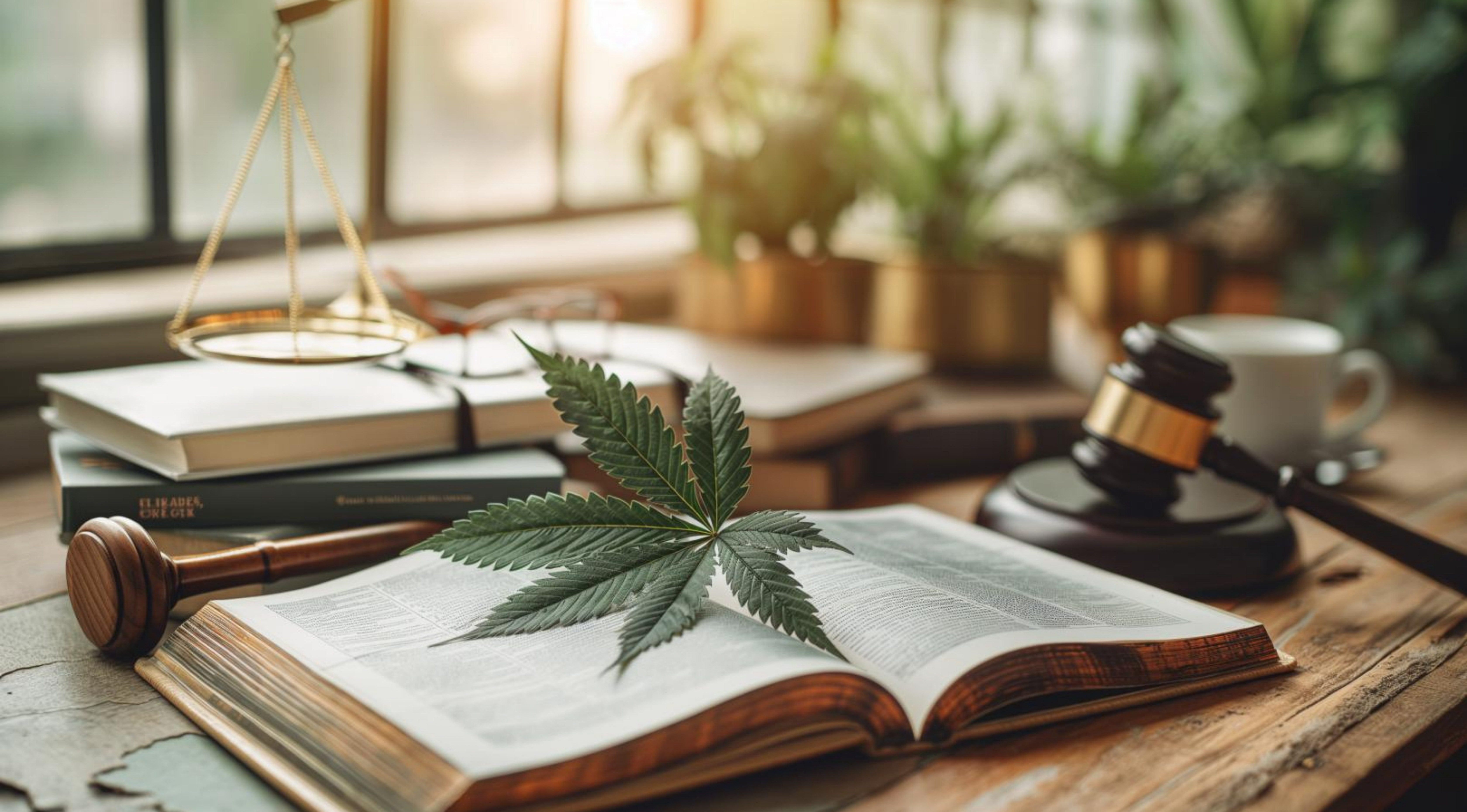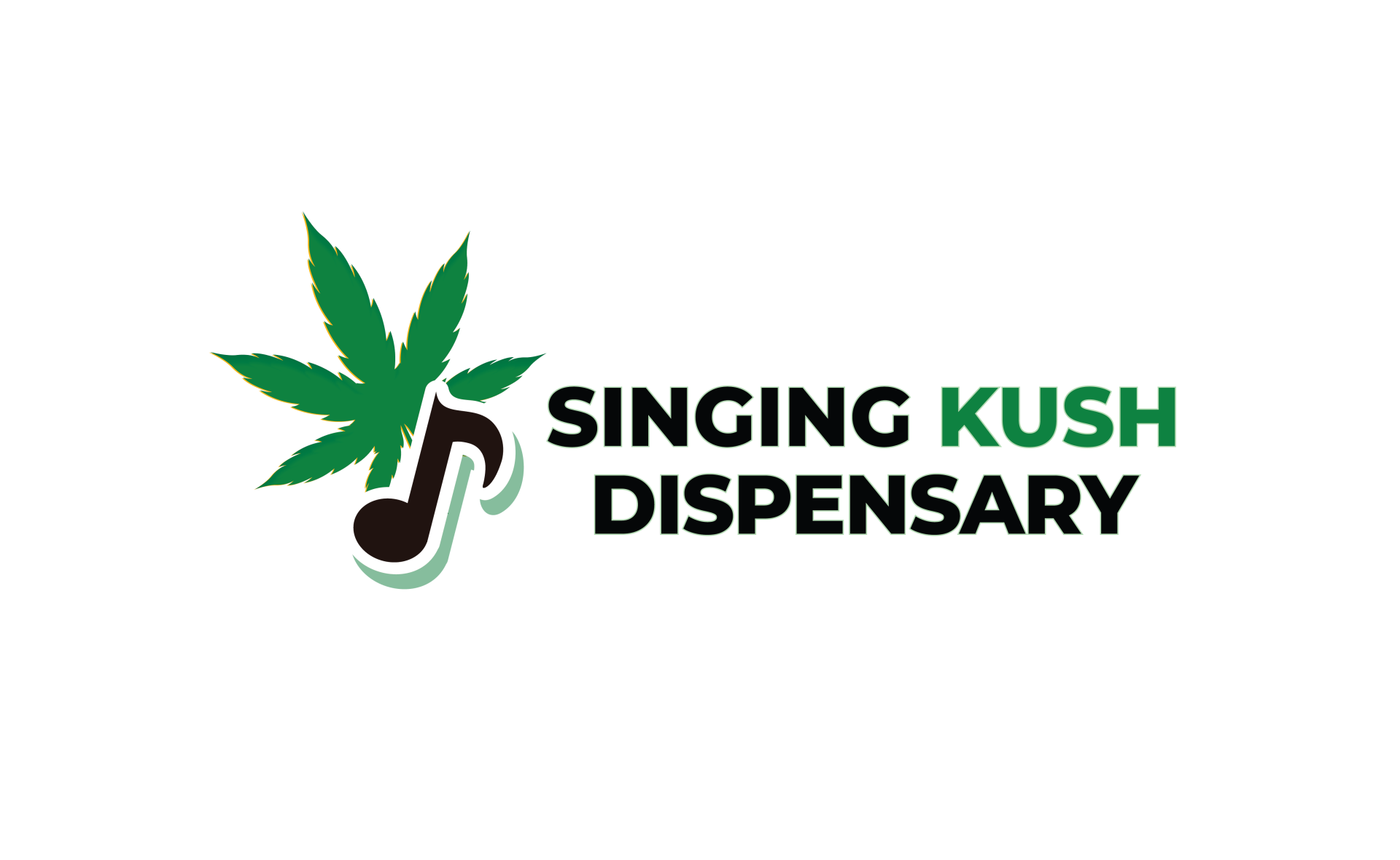THCA Legality Guide 2025: State-by-State Overview

Texas
- THCA is conditionally legal if derived from hemp and contains less than 0.3% Delta-9 THC at the point of sale.
- Smoking or vaping THCA converts it to THC, which can result in legal risk or positive drug tests.
- A 2025 bill (Senate Bill 3) banning THC products including hemp-derived THC remains vetoed as of mid-2025; the status may change pending upcoming legislative sessions.
- Hemp growers must be licensed, and products should have lab testing and Certificates of Analysis for compliance.
- Transporting THCA with COA is advised for legal protection.
California
- THCA is legal under California’s well-established cannabis market.
- California permits recreational and medical cannabis, including hemp-derived THCA products that meet THC regulations.
- Producers must follow state testing, labeling, and safety standards.
- Emergency regulations on hemp-derived products are in place, pending possible permanent adoption.
Florida
- THCA is legal, provided the product is hemp-derived and contains less than 0.3% Delta-9 THC.
- Florida adheres to the 2018 Farm Bill definition and state hemp laws.
- Consumers should buy from reputable sources to ensure compliance.
- There is no protection for recreational cannabis; public consumption has legal risks.
- Legislative pressure exists to potentially tighten THCA rules in the future.
New York
- THCA is legal if derived from hemp and contains no more than 0.3% total THC, per the 2018 Farm Bill.
- Recreational cannabis is fully legal in New York, and THCA products are subject to the same regulatory framework.
- Products must comply with THC content limits, labeling, and testing requirements.
- Ongoing regulatory updates may affect THCA’s status; consumers are advised to stay informed.
- Delta-8 THC is banned in the state.
Illinois
- Recreational cannabis is legal; however, the legality of THCA flower is complicated.
- State law includes “post-decarboxylation” THC limits, meaning THCA that converts to THC may be illegal as hemp product.
- Despite ambiguous legality, THCA flower is still sold.
- Consumers and businesses should obtain lab tests and Certificates of Analysis for compliance.
- Illinois regulates cannabis thoroughly, limiting possession and requiring compliance with the Cannabis Regulation and Tax Act.
Colorado
- THCA flower is not legal under Colorado’s “total THC” law for finished hemp products.
- Recreational and medical marijuana are legal, allowing THC products to be bought from licensed dispensaries.
- Colorado has strict regulation of intoxicating hemp products, including milligram THC limits per serving.
- Non-intoxicating hemp products with low THC are permitted, but THCA flower does not qualify.
- Consumers should purchase cannabis flower from licensed sources instead of THCA flower.
Additional Note
- States with total THC testing laws often include THCA when calculating THC content, which may make some products illegal even if they comply federally.
- Several states like Tennessee are moving to ban or heavily restrict THCA products in 2025.
- Buyers and businesses should always verify local laws, keep documentation (Certificates of Analysis), and use licensed channels to stay compliant.
- THCA legality is evolving rapidly; regular updates from state agencies and legal advisories are essential for accurate compliance.
If you want a detailed list for other states or specific questions covered (e.g., growing, selling, buying, transporting), I can provide that as well. This guide aims to cover consumer and business concerns regarding legal status, regulations, and risk management for THCA in key U.S. states in 2025.
Picture from Freepik
